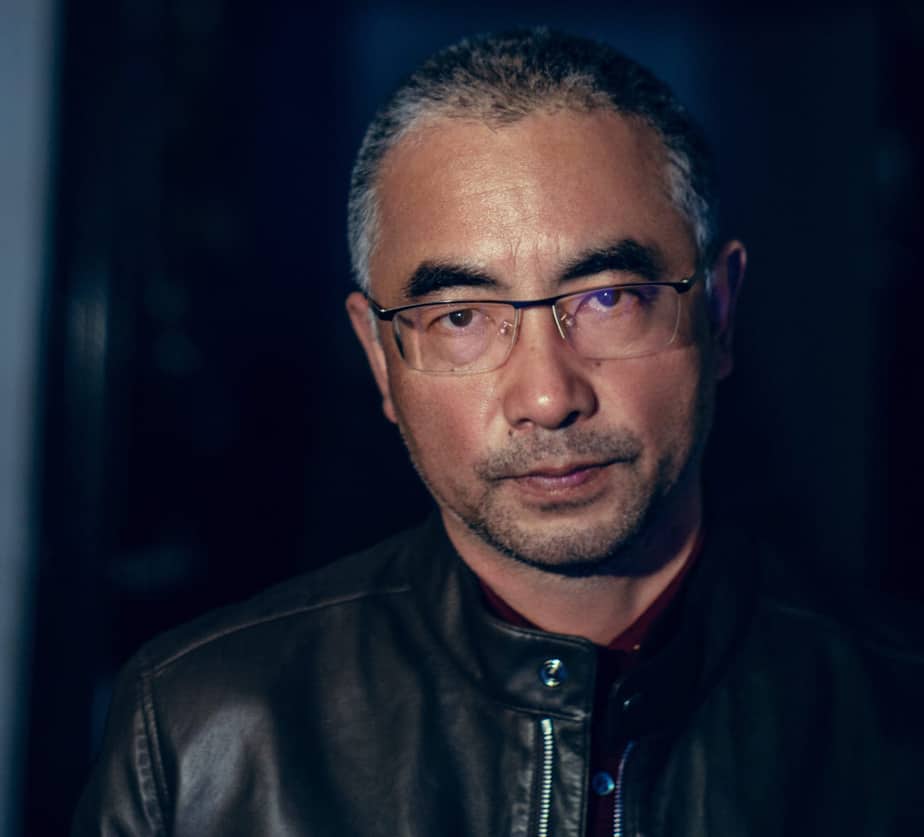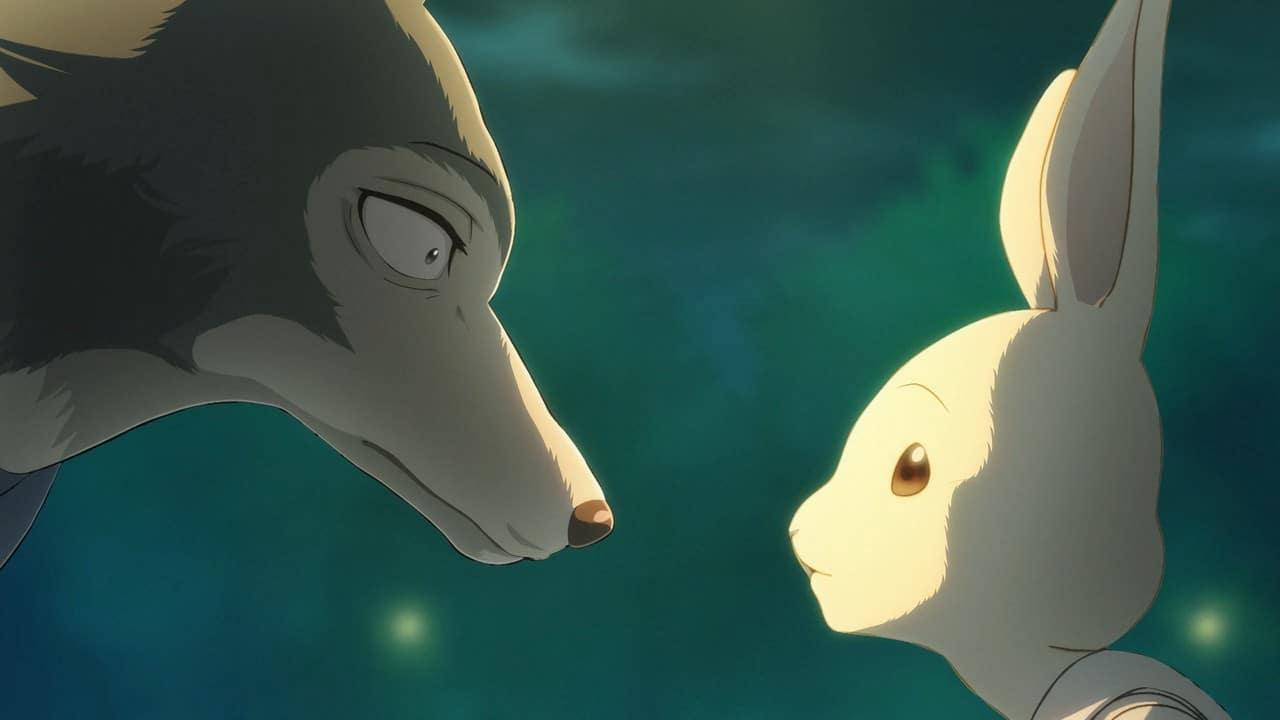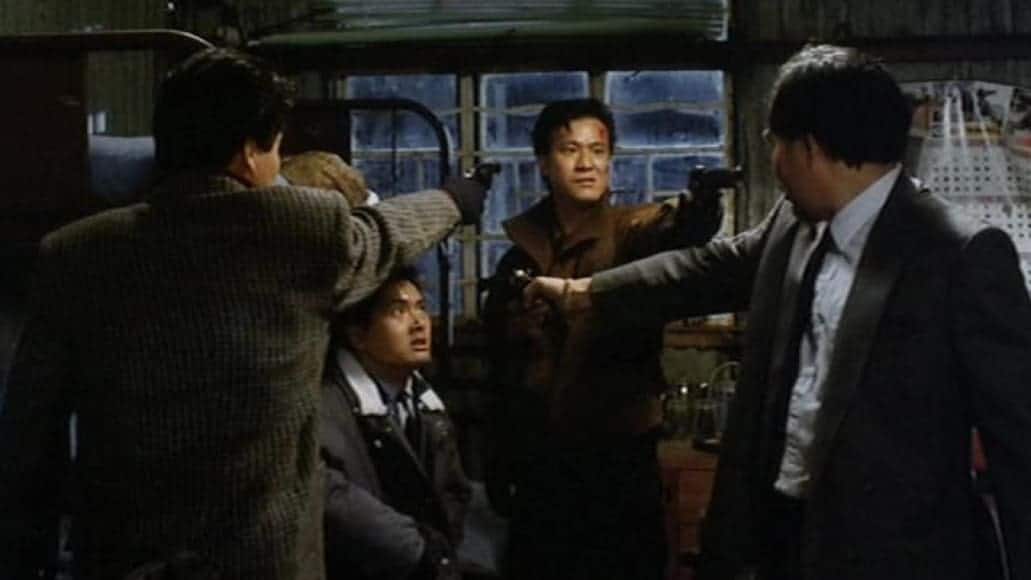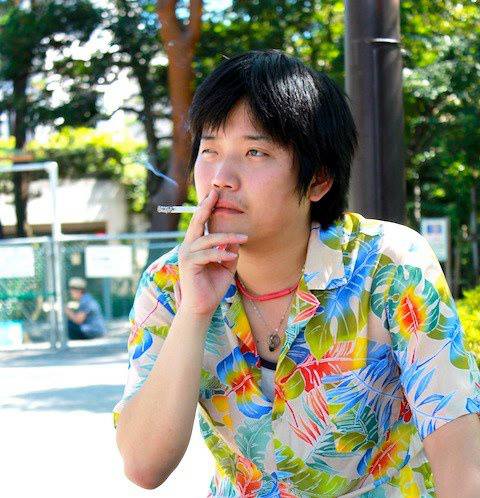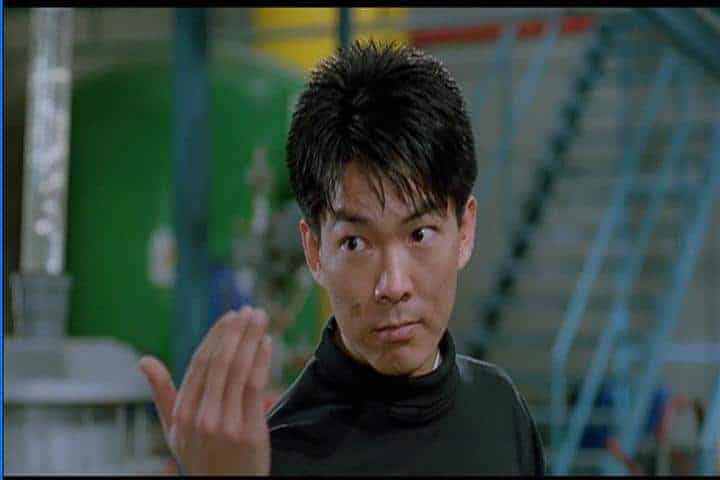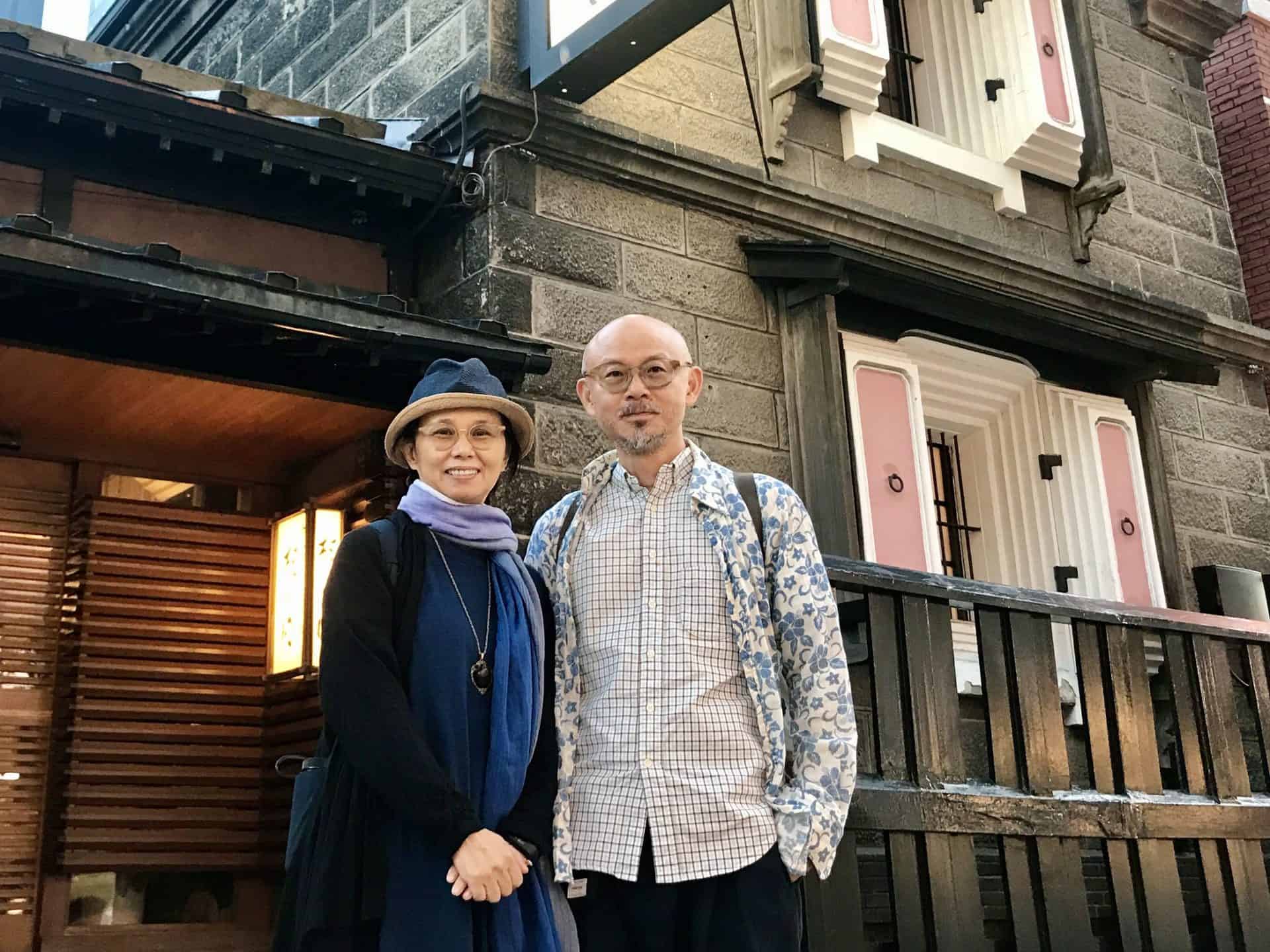Layla Zhuqing Ji was born and raised in Shenyang, China. She first came to the U.S. alone when she was 18-year-old to pursue a double major in Business Management and Radio/TV/Film Production at Rowan University (Glassboro, NJ). She finished double major within four years and graduated with honors. Layla graduated from Columbia University MFA Film program in 2014. She received “Entertainment Partners Best Producer Award” at the annual Columbia University Film Festival for her thesis film “Rattlefly.”
Additionally, as a trilingual international filmmaker, Layla's films have been awarded and official selected by numerous film festivals around the world, including Busan International Short Film Festival, Vancouver International Film Festival, Manhattan Film Festival, Central Florida Film Festival, New York City International Film Festival, etc. She shares her voice with the world through filmmaking and delivers positive messages to the society.
On the occasion of “Victim(s)” having its world premiere at Far East Film Festival, we talk with her about shooting a film in Malaysia, censorship, bullying, parenting, the educational system and many other topics.

Can you tell us a bit more about your decision to shoot your film in Malaysia? Why did you choose to shoot away from China and why the particular country? What were the most significant difficulties in such an effort?
I wrote the script initially in 2015, won a script award supported by China Film Fund and got the seed funding to finish the script. I did get several offers from different production companies in China, we were aiming for a much higher budget at that time. But after months of development hell and fall-throughs, I ended up giving up the deal, because they wanted different creative directions. I wanted the story to be told from the mothers' point of view, which is an important part of how I want this film to be. But I understand investors would worry about how the audience would react to two middle-aged women protagonists kind of story, so it was mostly a creative decision difference that drove me away. The funding was the toughest part.
I decided if I wasn't able to tell the story I want, then I rather not make the film. So I put the script in the drawer and went on to do something else. Then, one day, a producer friend recommended me to consider filming in Malaysia. Because it's much cheaper and the system is very close to the U.S. independent world. So it's actually good for me because that's what I am familiar with. I went on a road trip in Malaysia for a month, with the introductions from several producer friends, I met several production companies, investors and actors over there.
At the same time, I received an investment offer from a Malaysian company, who introduced me to my collaborator, producer Aron. And it just clicked. They loved the script and agreed to invest. We came up with a much smaller budget, pulled all the help we could get and got it made.
Throughout the trip, I was really impressed with how diverse the Malaysian culture is, and how welcoming I felt. The diversity culture just fits the universal topics of the film. If you watched the film, you probably would notice how intentionally we tried NOT to specify which country this is, which system this is all about. I know some people say the best works are usually very specifically, single-culture based. But I chose the other way, from the concept stage of the script. The reason for that is because I think this particular film, and the topic we're trying to discuss, is a universal problem. I wanted the audience to feel some level of resonance regardless of which country they're from. I don't want anyone to describe the film as “this is what happens in Malaysia,” or China, or wherever. Because campus violence and cyberbullying happen everyday, everywhere in the world. So we intentionally emphasized on the diversity part, with background actors, and education rules, school set-up, etc.
How intense is censorship in China at the moment?
In terms of censorship, I think every country has their own rules based on their situation, regardless of where you film. Even in Malaysia, we were rejected by over 70 schools in Kuala Lumpur alone, because no schools would lend us the location, no one wanted to be associated with campus violence films. I understand their fear about their school image, fear is the real censor there. But it's ironic sometimes, when you're trying to make something influential and educational, but no education institution wanted to help.
How close to the actual events is the script?
The accurate saying is “inspired by multiple true events”, it's “inspired,” not “based on”. I wasn't shadowing any specific events. There are numerous incidents and videos that I watched, researched throughout the script process. It's hard to ignore any of them and just focus on one. So I tried to see through the real problems behind those incidents and came up with “Victim(s)”. High school violence videos, celebrity cyberbullying attacks causing suicides, society scandals, etc…The film is based on a mix of my research and things I saw growing up.
Many people might think this film is way too dramatic, they believe real life must not be this bad. But based on what I saw, it's unfortunate that the real life could be harsher than the movies. That's why it is important to make it visible.
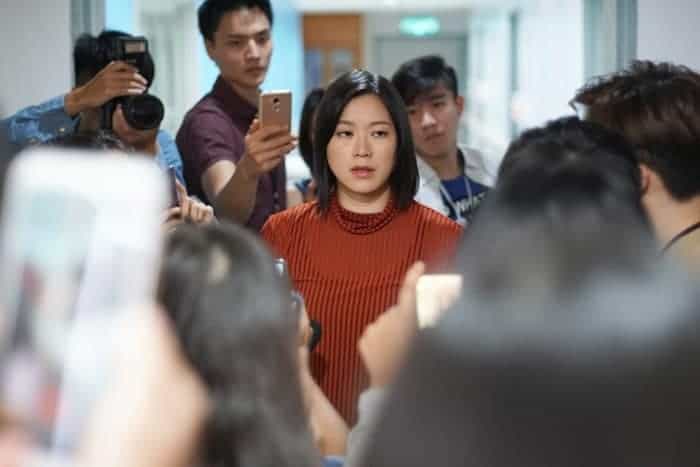
One of the topics highlighted in the film is the lack of parenting. What is your opinion on the subject?
I don't want to accuse or try to justify which way of parenting is right or wrong, it's not what I'm trying to say with this story. Many things in life don't have an absolute right or wrong answer. I simply present people with the backgrounds of the characters, so that they can understand why someone is behaving the certain way. Parenting is part of it, that would influence people, but there're always many other aspects. I do hope, after watching the film, people would rethink a bit about how they interact with their children or parents.
Many of my team members first read the script and actually went back to ask their kids about how they are really doing in school. So I said “that's exactly why we need to make this film.” I think if the film can trigger some awareness, stir up some discussions, or influence people to take a second look about things, then the mission is accomplished and I'd be quite proud about it.
Is the educational system in China as exam-oriented as presented in the film? Does this concept of the best students sitting in the front of the class actually exist? What do you think are the consequences of such a system?
Exam-oriented education system happens very often in Asia, especially among Chinese communities. I think many Asian audiences might find that quite familiar. It's not something I exaggerated. The best students sitting in the front of the class does exist, that was based on my school experience. I believe it also happens in some other Asian countries. Because schools have a college-entrance rate that they need to keep. So good grade students help maintain that score. I think teachers have competitions among them as well. They get paid more or something if more good grades come out of their class. The sitting sequence is also a way to motivate students to study harder. Because those who wanted to study would want the best spots in the class to listen to lectures, while those who didn't care, could sleep in the back without disturbing anyone.
I wasn't the study-hard type in high school. I was more passionate about my dance club and producing charity concerts. I think I knew I didn't want the traditional way of life at that age. So my teacher hated me. She thought I was the black sheep and people would be distracted. She would blame me for things I didn't do, hoping I would behave, but that just made me want to escape more. I was always in the middle range with my grades, no matter how many classes I skipped. I think I skipped most of the classes in high school and eventually applied for a college abroad. Funny part is, I wrote all my “bad behavior” “non-study activities” in my college and graduate school applications. And I got accepted immediately.
How critical is the whole issue with bullying in schools, in your opinion?
Campus bullying is quite common, in some schools it's very serious, some are mild. But it does exist everywhere. Not just schools, but also adult life, if you think about it. The way people treat each other online these days, or at workplace. How people treat those who are different. Bullying doesn't have to be physical, it could be oral or mental…Cyberbullying is an extension of campus violence. Because the school is a small sized society in a lot of ways. If we can't do anything about the bullying in schools, how do we make sure people change after graduating from the schools?
I am not cynical about the world we're in, I just believe that, although it has a lot of problems, the world is worth fighting for. This film is a way for me to start a conversation about a taboo topic. And I believe through filmmaking we could have the important discussions we need in order to build a better world for the next generation. I don't have absolutely right solutions to it, but I was hoping that in a public forum, we can search for answers together.
Is there still much racism regarding homosexuality?
Yes. It still happens anywhere in the world. Again, it's a universal discussion. I think it goes back to the lack of sex education in a lot of countries. Much knowledge was wrongly received by teenagers. It's a cultural thing but also something parents and schools could do better about.
The issues with parenting, education and a general lack of guidance for youths somewhat explains their actions, but never justifies them. Why did you choose this approach?
Like I mentioned before, I don't want to “educate” people, and tell them what's right or wrong. I simply present them the truths, and they decide. The way the film is structured, it's based on “surface” – “facts” – “truth”. Like an onion, you peel it chapter by chapter. I just hope they see there are multiple layers to everything. I'm simply encouraging them to have more empathy.
There are a number of violent scenes in the film. How difficult were them for the young actors, and how did you guide them for them? In general, how was the casting process for the film like?

The young actors were amazing. I tried to be very clear about what's going to happen and how we were going to shoot it before they agreed to get on the project. We got permissions about specific things. Because I wanted them to feel comfortable. Some of the scenes are traumatic, not only for the actors, but also everyone working on set. But it was needed to get our point of the film made. We all believed in the power of this story, how it could make a change when people see it. So we knew what we had to do.
There are background stories of everyone, especially Qianmo and Mei, which I intentionally left it out. I gave Wilson about 20-page long Qianmo's diary before the shoot. But we never filmed what she actually went through before transferring to the new school. I think those who resonated or got the hints would be able to figure out that something happened to her before, that's why she asks for no help from anyone. So, by the time we shot Qianmo's emotional scenes, she's already fully prepared inside with all the backstories.
I went to Malaysia and did auditions there, where I met most of the Malaysian cast. Remon Lim is well-known locally and she came in for audition. Kahoe was recommended by my Malaysian producer and we called him in for audition. We found Wilson and Xianjun from casting director and agent recommendations, video auditioned them. One of my producers introduced me to Lu Huang, she read the script and agreed to take the part. It took about 3 months on and off auditions in Malaysia and Mainland China. It was worth it.
Eunsoo Cho's cinematography is excellent. Can you tell me a bit about your cooperation and what you wanted to do in the visual part?
I knew Eunsoo (Robin) for a while. We are like sisters. I met her in LA and I literally crash at her apartment every time I'm in South Korea. She's a fantastic DP, very visual and very flexible. I'm not a very technical person so I rely on my collaborators a lot. She flew to Malaysia without knowing anyone except me, and quickly got along with local crews to form her team. This was the first time I worked with her and I was really impressed. It was the coolest thing ever to watch a female DP with a camera. And it was always very comforting to know she's there by my side, no matter what happens.
For the visuals, I had a few shots that I was quite specific about. Eunsoo gave a lot of good advices. We improvised a lot on set based on location situations. The color was based on the structure of the film such as “surface”(greenish News color) — “Facts” (brownish color for “courts”) — “Truth” (brighter blue/red color for youth) ….we discussed about that with art department early on. I basically wanted all five chapters to look distinguished.
Are you working on any new projects?
Yes, a few. I am directing an adaptation of a Chinese novel maybe later this year. It's a studio film. I also keep writing whenever I can.



